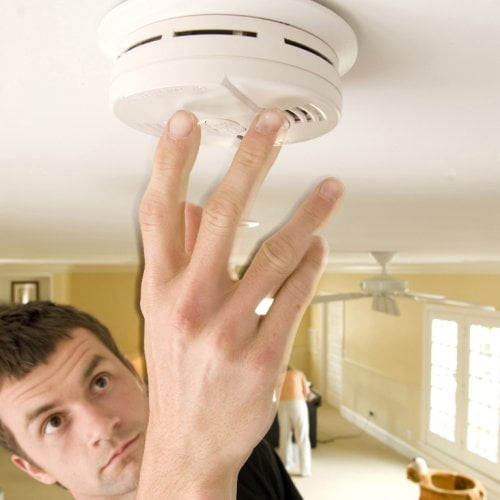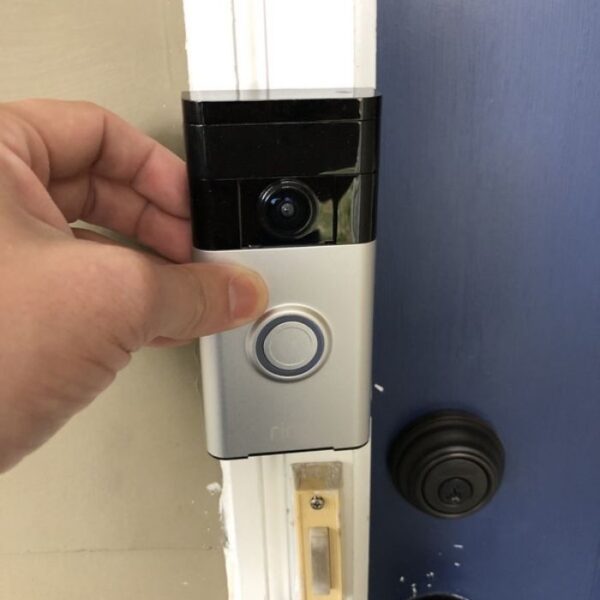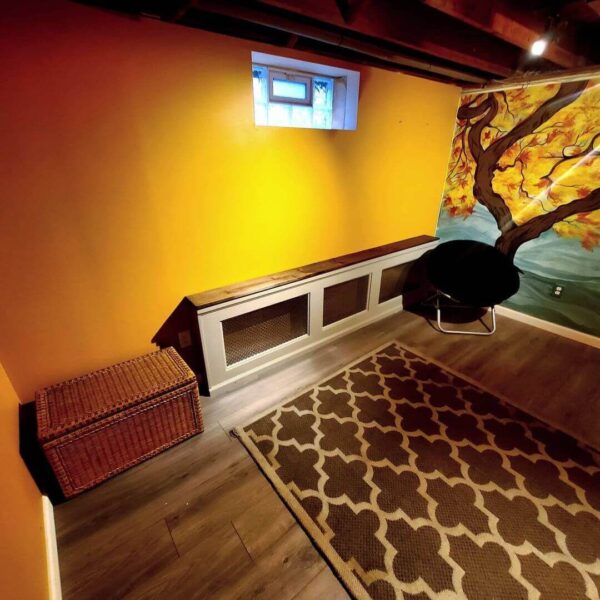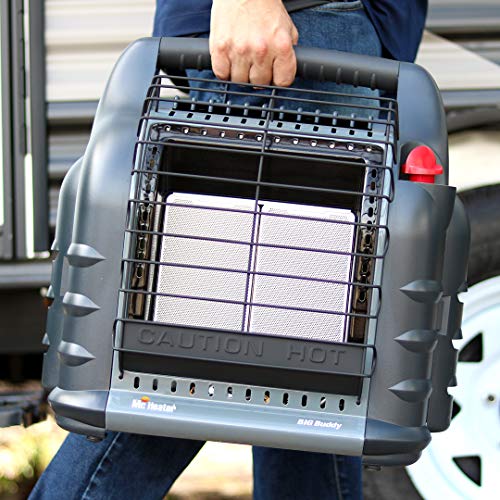The fear of carbon monoxide is the beginning of wisdom. This is because carbon monoxide is a dangerous gas. It is a gas that can kill without letting the person know that he’s dying.
Carbon monoxide does not have any smell. It is an odorless gas which makes it more dangerous because there is no way to know that there is a presence of CO in your home hence, it will continue to destroy some organs in the body as they are starved of oxygen until it becomes potentially fatal.
This is when carbon monoxide detectors come into place to detect and alert you whenever CO is present in the house. However, sometimes, the detectors can go off when there’s no carbon monoxide in the house., so, what other gases can set off a carbon monoxide detector?
Other gases that can set off carbon monoxide detectors are isopropyl alcohol, sulfur dioxide, acetylene, propane, hydrogen sulfide, dimethyl sulfide, mercaptan, ethyl alcohol, ethylene, methyl alcohol, hydrogen cyanide, and nitrogen dioxide. These gases can set off carbon monoxide detectors because carbon monoxide detectors are electrochemical sensors.
Table of Contents
Carbon Monoxide Detectors in the House
A carbon monoxide detector is a device made to detect the presence of CO in the house. Since the human nose cannot smell the gas, the device can detect it and give a very strong signal for anyone around to do something. That is why people are advised to buy and install many carbon monoxide detectors in the house for safety against carbon monoxide.
Now, the question is, is it only carbon monoxide that can set off carbon monoxide detectors? What other gases can set off a carbon monoxide detector at home?
Many people have been complaining that their carbon monoxide detector alarms keep ringing in the middle of the night for no reason. Are you sure that the alarm was ringing for no reason?
Carbon monoxide detectors are built to alert their user anytime it detects a gas, therefore, if yours keeps ringing in the middle of the night, then there must be a reason for that.
What Other Gases Can Set Off a Carbon Monoxide Detector?
Other gases that can set off carbon monoxide detector includes:
- Isopropyl alcohol
- Sulfur dioxide
- Acetylene
- Propane
- Hydrogen sulfide
- Dimethyl sulfide
- Mercaptan
- Ethyl alcohol
- Ethylene
- Methyl alcohol
- Hydrogen cyanide, and
- Nitrogen dioxide
Since carbon monoxide detectors are electrochemical sensors that detect carbon monoxide gas leaks, they may also detect other gases in the house which can set off the detector alarm.
Because of these other gases, Firefighters are encouraged to look out for these other gases after verifying that there is no carbon monoxide gas leak present in the house of the person who called for the CO leak. Oftentimes, these other gases can trigger and set off the detector.
Meanwhile, before rushing to call the fire department to check your house for carbon monoxide, you should also check if your house is exposed to these other gases before making the call.
Do not say that your carbon monoxide detector is going off for no reason. They are not manufactured to set off for no reason. There is a reason for that. If you cannot be able to detect what the problem could be, then you can call the fire department.
Remember that for safety reasons, you are not expected to stay inside your house when your carbon monoxide detector goes off. You are required to turn off any appliance that produces carbon monoxide immediately. If there is none that is on at that time, quickly open the windows to allow enough ventilation in the house, get out of the house, and call the fire department.
It is true that carbon monoxide detectors are built to detect carbon monoxide, but they can also have a limitation in detecting other gases might be its limitation.
However, it is important to note that this incident rarely happens. The type of carbon monoxide detector manufactured these days is strongly made to only detect carbon monoxide gas. So, do not ignore the detector alarm with the hope that it may have detected other gases.
Please call the firefighters to come to check it. They are the best people to tell you that indeed, it was another gas that set off the alarm. Don’t make the conclusion by yourself based on speculations.
How to Prevent Other Gases from Setting Off Your Carbon Monoxide Detector
To prevent these other gases from setting off your carbon monoxide detector ensure to:
1. Buy a Modern Carbon Monoxide Detector
You need to purchase a carbon monoxide detector that is manufactured recently not the one that was made 15 to 20 years ago. The recently manufactured carbon monoxide detectors tend to have more features and will be more sophisticated at detecting only carbon monoxide gas without detecting other gases in and around the house.
2. Replace your Carbon Monoxide Detector
If your carbon monoxide detector is already 10 years old or very old, then it’s time to replace it. It has done enough work already for you.
3. Check the Battery Level of the Carbon Monoxide Detector
Always monitor the battery level of your carbon monoxide detector to avoid it misbehaving. Carbon monoxide detectors tend to misbehave when the battery level is low. That is why the detector always goes off in the middle of the night when the temperature is very low.
It is better to buy a carbon monoxide detector with a removable battery, with that, you can easily change the battery once it’s low instead of completely replacing the whole detector.
4. Check for Loose Wire or Nut
It’s also wise to check if there is any loose wire or nut in the carbon monoxide detector. Put the wire back together and tighten the nut or the loosened screw to its place to see if the problem is solved.
Final Thoughts
Some carbon monoxide detectors can be set off by other gases listed above. For that reason, homeowners and firefighters are urged to look out for these gases especially when the homeowner calls back for another alarm going off when there is no carbon monoxide gas leak in the house.









